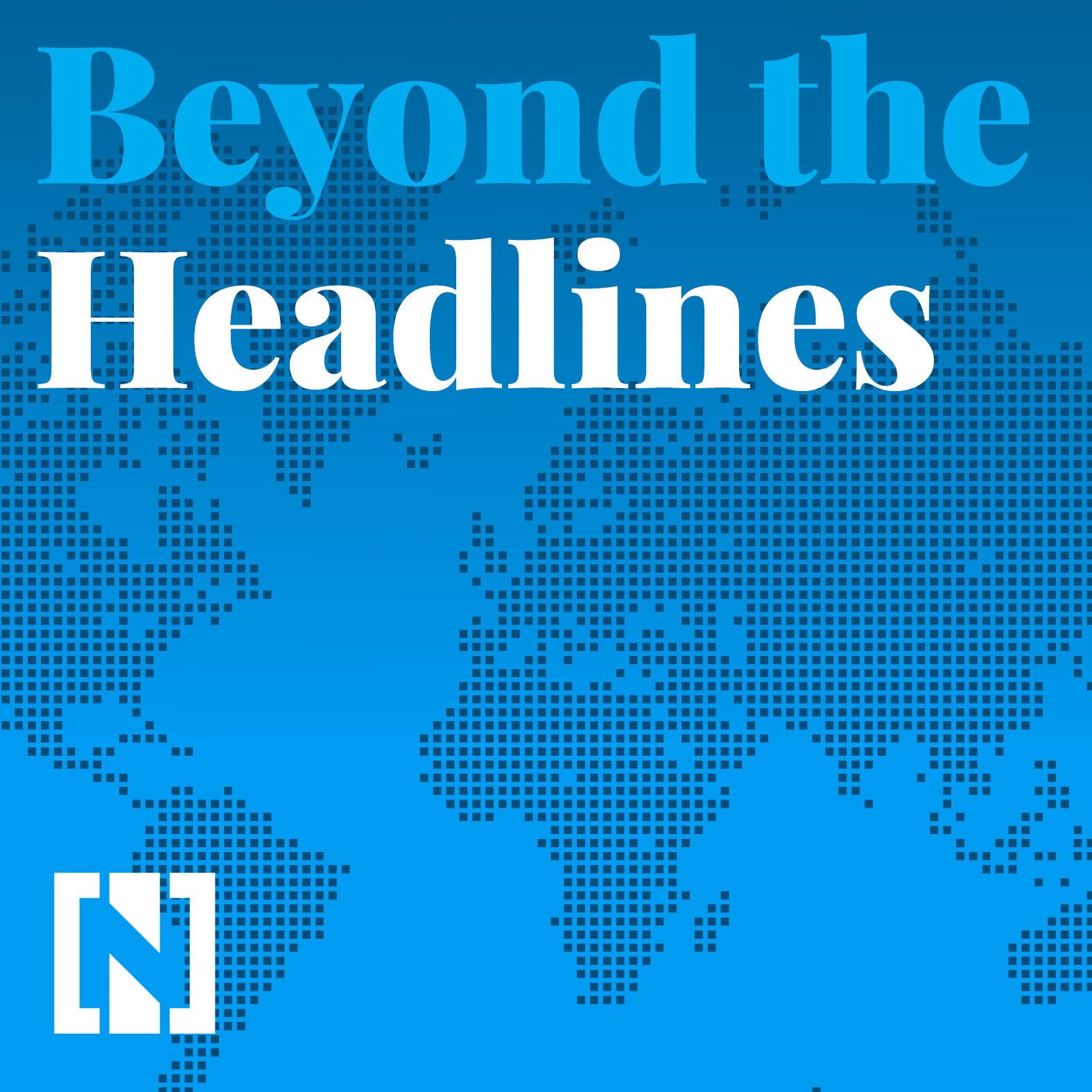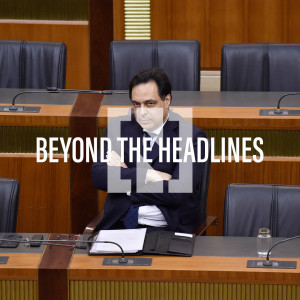
192.9K
Downloads
437
Episodes
Dive deeper into the week’s biggest stories from the Middle East and around the world with The National’s foreign desk. Nuances are often missed in day-to-day headlines. We go Beyond the Headlines by bringing together the voices of experts and those living the news to provide a clearer picture of the region’s shifting political and social landscape.
Episodes

Wednesday Feb 12, 2020
Will Hassan Diab fix Lebanon?
Wednesday Feb 12, 2020
Wednesday Feb 12, 2020
Black range rovers and luxury vehicles slowly navigated through Beirut’s protest filled streets. Angry mobs hurled rocks and other debris at the occupants and Lebanon’s political leaders trying to block them from entering the now heavily fortified parliament. On February 11, twelve weeks after Hassan Diab was tasked with forming a new government, MPs gave his administration the vote of confidence. For nearly five months, mass protests have paralysed the country as people demand a new type of government that can work to fix the worst economic crisis in Lebanon’s history.
Host Willy Lowry talks to The National’s Beirut correspondent Sunniva Rose and Ghassan Moukhaiber, a lawyer and former Member of Parliament about the protests and how the newly formed government can move forward. We also hear from Imad Salamey, a professor of Political Science and International Affairs at the Lebanese American University and Sami Nadr, director of the Levant Institute for Strategic Affairs.
Host Willy Lowry talks to The National’s Beirut correspondent Sunniva Rose and Ghassan Moukhaiber, a lawyer and former Member of Parliament about the protests and how the newly formed government can move forward. We also hear from Imad Salamey, a professor of Political Science and International Affairs at the Lebanese American University and Sami Nadr, director of the Levant Institute for Strategic Affairs.
Version: 20241125

No comments yet. Be the first to say something!